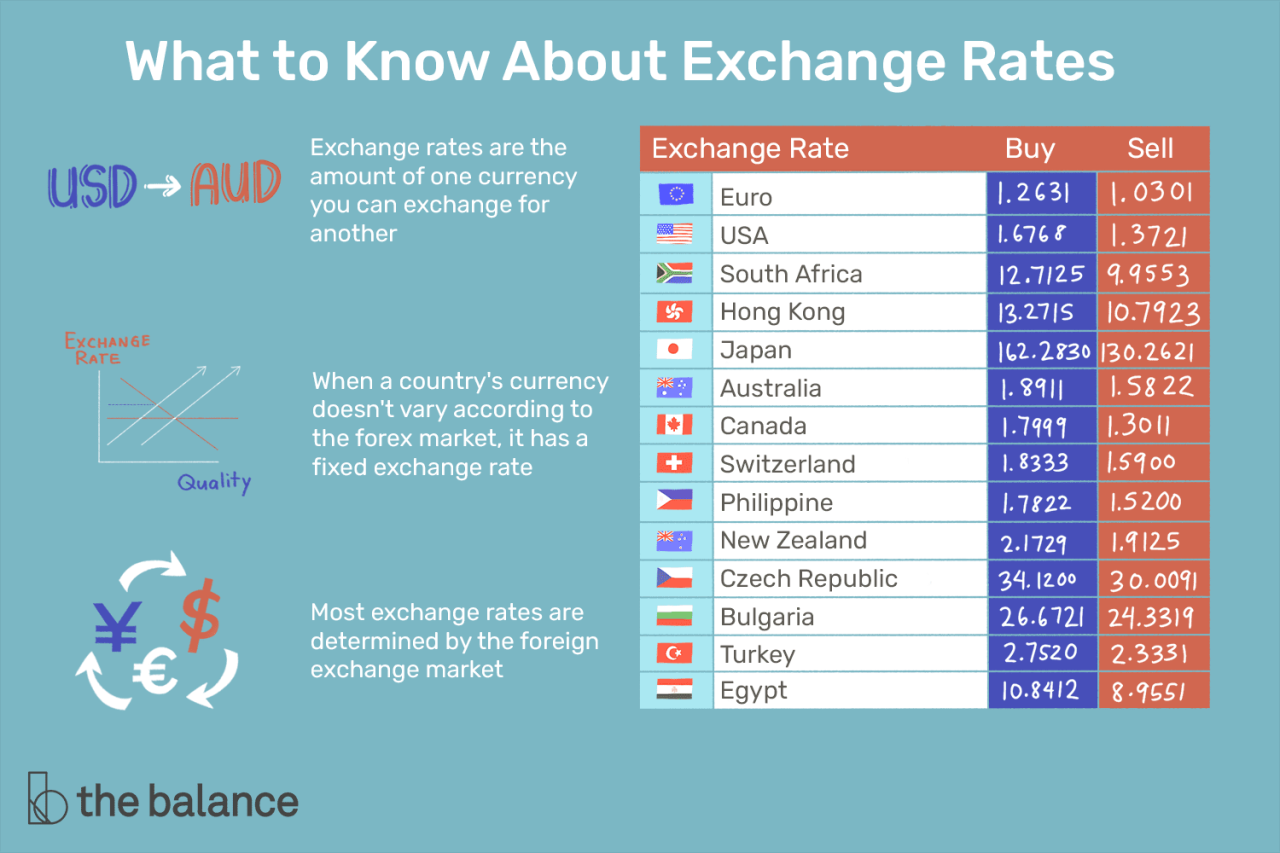
Forex Time Zones: Navigating Global Markets, the foreign exchange market operates across multiple time zones, creating a complex landscape for traders. Understanding these time zones is crucial for success in forex trading, as they influence trading hours, market liquidity, and even the impact of economic news releases.
Traders must consider the time zones of major financial centers like London, New York, and Tokyo, as these hubs drive market activity and dictate trading hours. The interplay of these time zones creates “overlapping sessions” where multiple markets are active simultaneously, presenting both opportunities and challenges.
Understanding Forex Time Zones
The forex market operates 24 hours a day, five days a week, making it crucial to understand the different time zones involved. Time zones play a significant role in Forex trading by impacting trading hours, market liquidity, and trading decisions.
Trading Hours and Market Liquidity
Trading hours in the Forex market are determined by the business hours of major financial centers around the world. As each financial center opens, the market becomes more active, increasing liquidity. Conversely, as centers close, liquidity decreases.
- London Session: Opens at 8:00 AM GMT and closes at 5:00 PM GMT. This is considered the most active session due to the high volume of trading from European banks and institutions.
- New York Session: Opens at 1:00 PM GMT and closes at 8:00 PM GMT. This session sees increased activity from American traders and institutions.
- Tokyo Session: Opens at 7:00 PM GMT and closes at 4:00 AM GMT. This session is less active than the London and New York sessions but still sees significant trading from Japanese institutions.
Impact of Time Zone Differences on Trading Decisions
Understanding time zone differences can help traders make more informed trading decisions. For example:
- News Releases: Economic news releases can significantly impact currency prices. Traders need to be aware of the time zone differences when news is released, as it can affect the market’s reaction.
- Market Volatility: The forex market tends to be more volatile during periods of overlap between major trading sessions, such as when London and New York sessions overlap. Traders should be aware of this increased volatility and adjust their trading strategies accordingly.
- Technical Analysis: Technical analysis relies on price charts and indicators. Time zone differences can impact the interpretation of technical signals, as different time zones can result in different chart patterns and indicator readings.
Major Forex Trading Hubs and Their Time Zones

Understanding the time zones of major Forex trading hubs is crucial for traders to capitalize on market opportunities and manage their trading activities effectively. These hubs serve as central points for global currency transactions, driving market liquidity and influencing price movements.
Key Forex Trading Hubs and Their Time Zones
The major Forex trading hubs are spread across different continents, offering diverse trading hours and opportunities for traders worldwide. Here’s a table highlighting the key hubs, their time zones, and their corresponding trading hours:
| Trading Hub | Time Zone | Trading Hours |
|---|---|---|
| London | GMT (UTC+0) | 7:00 AM – 4:00 PM (GMT) |
| New York | EST (UTC-5) | 8:00 AM – 5:00 PM (EST) |
| Sydney | AEDT (UTC+10) | 10:00 AM – 7:00 PM (AEDT) |
| Tokyo | JST (UTC+9) | 7:00 AM – 4:00 PM (JST) |
Trading Strategies and Time Zones

Understanding and utilizing time zone differences in forex trading can offer a significant edge. By leveraging the unique trading opportunities presented by overlapping trading sessions, traders can capitalize on market volatility and gain a better understanding of market sentiment.
Trading Strategies Leveraging Time Zone Differences
Traders can employ several strategies to exploit the advantages of time zone differences. One common approach involves taking advantage of the “overlapping sessions” phenomenon. This occurs when major forex trading hubs, such as London and New York, are simultaneously active, creating increased market liquidity and volatility.
- Scalping: This strategy involves taking advantage of small price fluctuations that occur during overlapping sessions. Scalpers aim to make quick profits by entering and exiting trades rapidly.
- News Trading: Significant economic news releases often coincide with overlapping sessions, creating opportunities for traders to capitalize on market reactions. By understanding the impact of news events on different currencies, traders can anticipate price movements and execute timely trades.
- Trend Trading: Identifying trends that emerge during overlapping sessions can be advantageous. These trends often reflect the combined sentiment of multiple trading hubs, making them potentially stronger and more sustainable.
“By understanding the interplay of different time zones, traders can anticipate market activity and leverage the increased liquidity and volatility that often occur during overlapping sessions.”
Examples of Trading Strategies
Consider a scenario where a trader is based in New York and observes a strong upward trend in the EUR/USD currency pair during the London session. As the New York session opens, the trader can capitalize on this trend by entering a long position, expecting the trend to continue. Conversely, if the trader observes a downward trend during the London session, they can short the EUR/USD pair during the New York session, anticipating a continuation of the downward trend.
Another example involves news trading. When a major economic announcement is released during the London session, the trader can monitor the market reaction and enter a trade based on the anticipated price movement. For instance, if the announcement is positive for the Euro, the trader can buy EUR/USD, expecting the currency pair to appreciate.
It is crucial to remember that trading strategies based on time zone differences require careful analysis and risk management. Understanding the nuances of market dynamics and the impact of different time zones is essential for success.
Time Zone Considerations for Forex News and Events

The release of economic news and events can significantly impact Forex market volatility and trading decisions. Understanding how time zones influence the release of these events is crucial for Forex traders.
Impact of News Releases on Market Volatility, Forex time zone
News releases can cause significant market volatility, as traders react to the information and adjust their trading strategies accordingly. Economic data, such as inflation figures, interest rate decisions, and employment reports, can trigger sudden price movements. For example, a positive economic report might lead to an increase in demand for a currency, causing its value to rise. Conversely, negative news can lead to a decrease in demand and a drop in the currency’s value.
Time Zone Differences and News Event Timing
Time zone differences can influence the timing of news events and their impact on Forex markets. For example, if a major economic report is released in the United States during the Asian trading session, it might not have a significant impact on the market until the European or North American sessions begin. This is because traders in Asia might not be as actively trading during their evening hours. However, the news event could have a more significant impact on the market when European and North American traders become active.
Examples of Time Zone Influence on Forex Markets
- US Non-Farm Payrolls Report: This report is released on the first Friday of each month at 8:30 AM EST (1:30 PM GMT). The report can have a significant impact on the US dollar, as it provides insights into the health of the US economy. If the report is released during the Asian trading session, it might not have a significant impact on the market until the European or North American sessions begin.
- European Central Bank (ECB) Interest Rate Decisions: The ECB typically announces its interest rate decisions during the European trading session. These announcements can have a significant impact on the euro, as they provide insights into the ECB’s monetary policy stance. If the ECB announces a rate hike, it might lead to an increase in demand for the euro, causing its value to rise. Conversely, a rate cut might lead to a decrease in demand and a drop in the euro’s value.
Time Zone Management for Forex Traders
Trading Forex across time zones can be a complex endeavor, but mastering time zone management is crucial for success. Understanding how different time zones impact market activity, trading strategies, and news releases can significantly improve your trading performance.
Trading Platforms and Tools
Leveraging the right tools and platforms is essential for managing time zones effectively. Many trading platforms offer built-in features that simplify this process.
- Time Zone Converter: Many platforms include time zone converters, allowing you to easily see the current time in different trading hubs around the world. This helps you determine when markets are open and closed in specific locations.
- Calendar Features: These features highlight important economic events and news releases, often displaying their scheduled time in various time zones. This helps you anticipate potential market volatility and plan your trades accordingly.
- Automated Trading Tools: Some platforms offer automated trading tools that allow you to set orders based on specific time zones. This can be helpful for executing trades during specific market hours or when certain events are scheduled.
Strategies for Adapting to Different Time Zones
Adapting to different time zones requires strategic planning and discipline.
- Establish a Trading Schedule: Set a consistent trading schedule that aligns with your chosen trading hubs. This helps maintain a regular routine and avoids trading during times when you’re fatigued or less focused.
- Utilize Market Overlaps: Identify periods when major trading hubs overlap, such as the London and New York sessions. During these times, market liquidity is typically higher, offering more opportunities for trading.
- Leverage News Releases: Be aware of the time zones of key economic news releases. This helps you anticipate potential market reactions and capitalize on trading opportunities during periods of heightened volatility.
- Consider Time Zone-Specific Strategies: Some trading strategies are better suited to specific time zones. For example, scalping strategies may be more effective during the Asian session, while swing trading might be more suitable during the European or American sessions.
Avoiding Trading Fatigue
Trading across time zones can lead to fatigue, which can negatively impact your decision-making and trading performance.
- Maintain a Regular Sleep Schedule: Ensure you get adequate sleep to maintain your focus and energy levels. Avoid trading during times when you’re sleep-deprived.
- Take Breaks: Schedule regular breaks throughout your trading day to avoid burnout. This allows you to rest and recharge, improving your overall performance.
- Limit Trading Hours: Consider limiting your trading hours to periods when you’re most alert and focused. This can help you avoid making impulsive decisions due to fatigue.
Final Review
Mastering forex time zones empowers traders to make informed decisions, optimize their trading strategies, and navigate the complexities of the global forex market. By understanding the nuances of time zones, traders can capitalize on market opportunities, manage risk effectively, and ultimately enhance their trading outcomes.
FAQ Summary
What are the major forex trading hubs and their time zones?
The major forex trading hubs include London (GMT), New York (EST), Tokyo (JST), and Sydney (AEST). These hubs operate during different time zones, creating overlapping trading sessions.
How do time zones impact forex news releases?
Economic news releases often occur during specific time zones. For example, US economic data releases typically occur during the New York trading session, which can significantly impact market volatility.
What are some tips for managing time zones effectively in forex trading?
Use trading platforms with built-in time zone features, plan your trading schedule around overlapping sessions, and avoid trading during periods of high fatigue.




